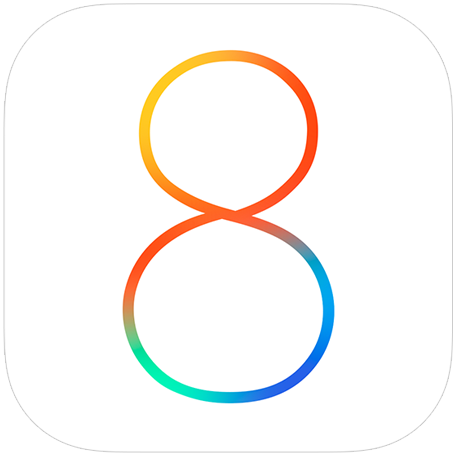In this
two-day course, you will learn the new APIs available in iOS 8. iOS 8 includes a sleuth of new APIs to make apps development easier and more powerful. In this course, you will focus on four key areas – app extension programming, Touch ID authentication, server-side database development using CloudKit, and using the Handoff APIs to synchronize the user activities on multiple devices.
Topics
• Programming App Extensions o Creating Today extensions (widgets)

o Sharing content with other apps
o Creating Actions o Document Providers
• Touch ID Programming
o Enabling Touch ID authentication in your application
• Using CloudKit
o Creating databases in iCloud using the CloudKit Dashboard
o Accessing databases from iCloud
• Using the Handoff API
o Syncing user activities between Mac OS X and iOS
Course Fee
S$1,297 (nett; no GST)
Date
16-17 Feb 2015
Venue
Bayview Hotel
Singapore



